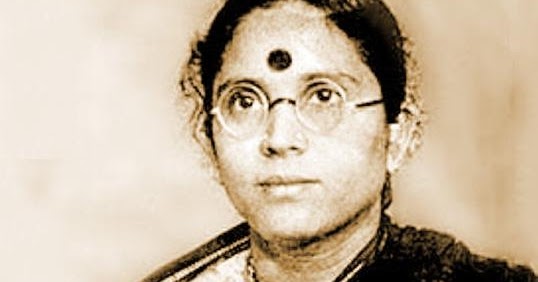
Of late, one gets to see news about crimes against women from different walks of life almost on a regular basis from Tamizh Nadu in particular and in other parts of Bharat in general.
While there is a sinister campaign by anti-Hindus to plan and commit crimes against Hindu women solely with a view to convert them to their fold, news about harassment of girl students by male teachers in schools and colleges and even in some of the cases by close relatives also keep coming to notice, much to the distress.
A deep analysis of the facts, sequences and background of such crimes indicate that there are two layers to be addressed in this – (1) Create a deterrent to prevent such crimes at grassroot level and (2) Strengthen and create awareness about the legal provisions for remedy once the crime is committed.
While government machinery focusses on the remedial part of this crime through legal provisions and creating awareness, it is also worthwhile for the society to dig deeper into this issue to ensure prevention of such acts rather than only to teach girls about legal provisions for remedy. After all, prevention is better than cure.
Due to colonization and various other evil impact of aping western culture blindly, Hindus started drifting away from the roots in their various walks of life. The more and more the drift happens, the more and more harm is being done to the society. This can be applied to the many aspects like food habits, handling of environment, politics, economics and even how an average Hindu conducts himself in the family and society.
Western culture advocates ‘individual’ as the pivotal point of entire universe. The next layer above an individual is ‘country’, which is a mere geographical construct and which is guided by their Constitution. According to the Western world, society is a lifeless entity and is a ‘social contract’. In fact, former UK Prime Minister Margaret Thatcher once remarked that “there is nothing called society”. However, there is a rethinking and reckoning in Western society and they started tracing many social evils to this failed concept of ‘individualism’ and started regretting for ignoring the institution called ‘family’.
In the Hindu way of life, individuals are manifestations of the eternal truth (Brahman) and the next important layer in this hierarchy is the family set-up. Then comes country and the entire universe.
Hindu scriptures have a very special place for this fantastic institution called the family. In addition to calling the entire world as one family (Vasudaiva Kudumbakam), Vedas describe an ideal family relationship in the following sloka :
Om anuvratah pituh putro matra bhavatu sammanah
Jaya patye-madhu matim vacham vadatu shantivam
“May the Child follow the virtuous path of father and be love and caring like mother. May wife speak honey-like words to her husband and likewise may the husband speak in a sweet and gentle tone to his wife.”
(Atharva Veda – 3:30:2).
In the next verse, it says :
Om ma bhrata bhrataram dwikshan ma swasara muta swasa
Samyanchah savrata bhutva vacham vadata bhadraya
“May the brothers don’t hate each other, may the sisters don’t hate each other. Let everyone mutually respect each other, talk to each other and carry out the duties diligently.” (Atharva Veda – 3:30:3).
There are so many such examples in Hindu scriptures to reiterate the importance of family relationships and the need for the unity of family for larger good.
While the concept of ‘joint family’ is slowly fading away (much to the disadvantage of Hindu society), it is imperative for the nuclear families to hold tighter bonds. It is the important duty of the parents to talk about the rich value of Hindu culture and heritage to their children, rather than the shallow “all religions are same and teach same values” rhetoric. For this, it is important that the parents get educated themselves first about the Vedas, Upanishads, Puranas, Itihasas, Literature, Scriptures and learn the glorious past of this country and ancestors. Once the parents are equipped with enough knowledge about our culture, they can assertively pass on the same to their children much to their benefit.
Once Hindu families start doing this, Hindu girls become more aware of rich heritage and their past and not likely to fall prey to the trap set by anti-Hindus to lure and convert them.
Similarly, when Hindu boys are taught these rich values in their childhood, it is more likely that they don’t see the fellow human being of other gender as a mere sexual object. The boys who grow up are likely to be an ideal teacher / employer and the women who come to them to learn / work feel safe and secure.
Back to basics is the ideal mantra to weed out this social evil of crimes against women.
Unique to Bharat is the sunrise – sunset dinam. What everyone in the family — man, woman and child — does in between this cosmic interval, sets the tone for a better and safer life all around. Exemplary families inspire other families and in turn the gramam / nagaram. The lookout is not just crime reduction but harking back to the past so that the future becomes more liveable.

